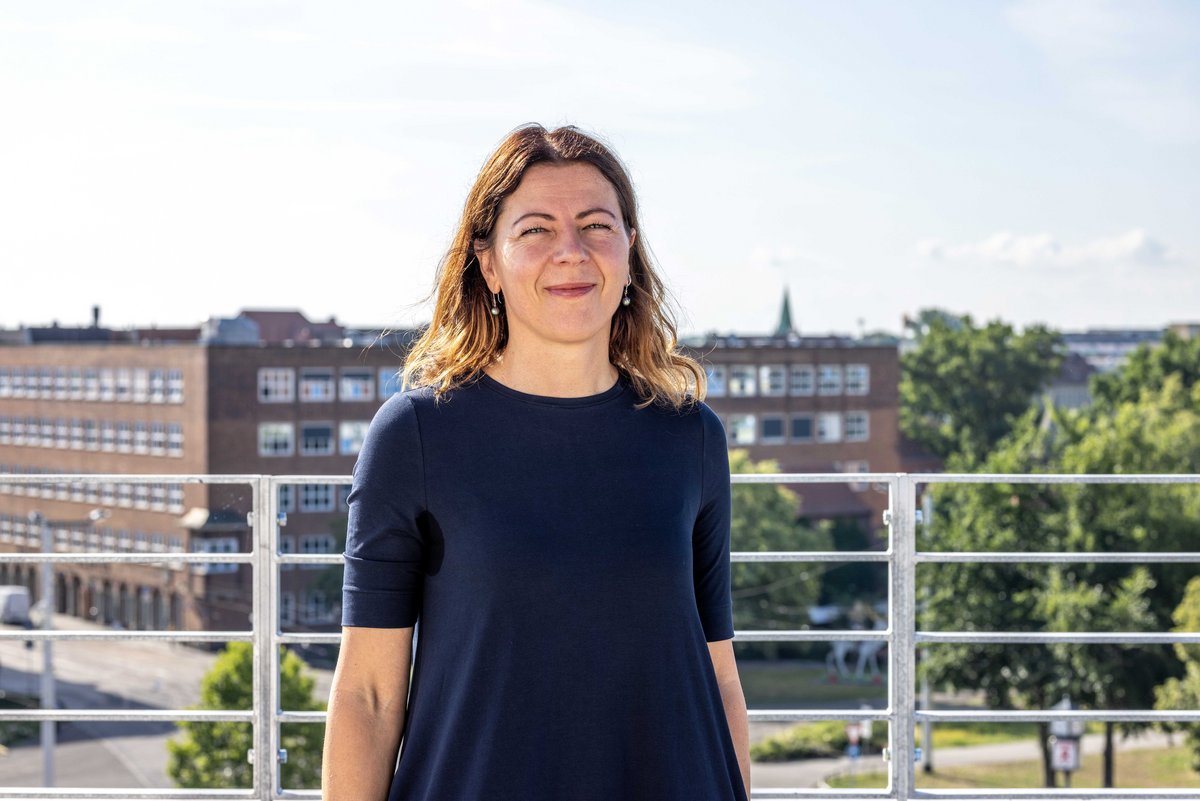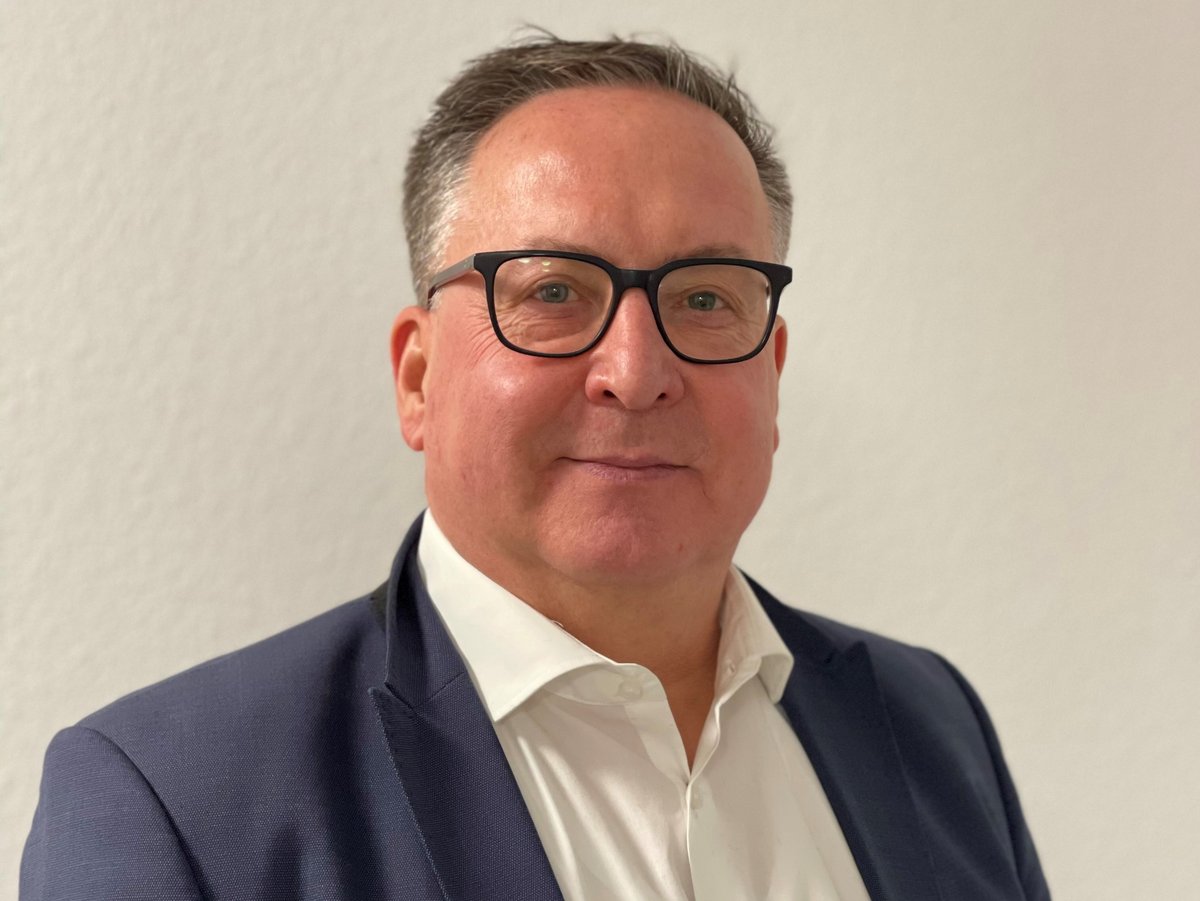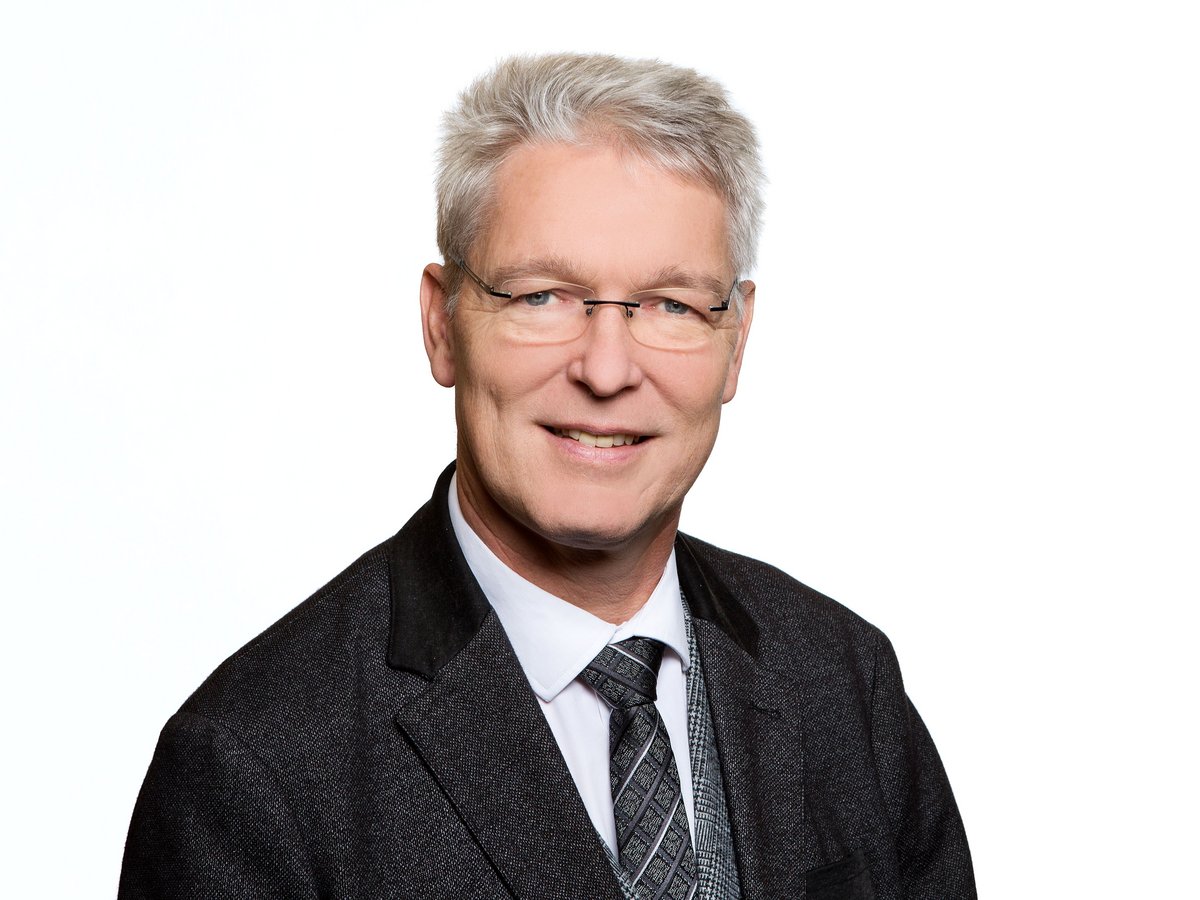Society in the Lusatian Structural Change - Lectures and Discussion
All interested parties are cordially invited to the lecture and discussion evening:
Wednesday, October 18, 2023 17:30-19 h
BTU Cottbus-Senftenberg, main campus Cottbus, main lecture hall building (ZHG), Audimax 1 , Konrad-Wachsmann-Allee 3, 03046 Cottbus.
Moderator of the lecture evening: Prof. Eike Albrecht , BTU, Chair of Public Law, in particular Environmental and Planning Law (with Chair of Civil Law).
The officers are:
- Doreen Mohaupt, Head of the Department of Urban Development Cottbus,
- Helmut Wenzel, Mayor of Lübbenau,
- Michael Koch, Deputy Mayor and Head of the Department for Social Affairs, Health, Youth, Education and Culture of the District of Spree-Neiße/Wokrejs Sprjewja-Nysa, and
- Prof. Dr. Melanie Jaeger-Erben,BTU Cottbus-Senftenberg, Chair of Sociology of Technology and Environment.
1. lecture
New Perspectives on Urban Development. Layers of the transformation process in Lusatia
Lusatia is in the midst of structural change and at the same time faces enormous challenges. Municipalities are at the center of action and unique investment opportunities. At the same time, the issues of the future and sustainability, including their social, environmental and economic components, have never been more urgent to address. Cottbus/Chóśebuz is rising to the challenges and sees the process as an opportunity for profound, yet unique change that could not succeed in this holistic way in any other way.
Speaker: Doreen Mohaupt, Head of the Cottbus Urban Development Department
2nd lecture
The time is ripe - Lübbenau's urban development in the course of structural change
The coal phase-out and the accompanying transformation of the region also offer potential and new perspectives. This is demonstrated by the town of Lübbenau/Spreewald. In the former energy and mining town, structural change began more than 25 years ago. In the coming years, three major projects are to be realized. Existing areas such as a former locomotive shed, the former freight depot and the former power plant site will be reactivated in order to create modern offers and future-proof jobs there.
Officer: Helmut Wenzel,Mayor of the city of Lübbenau/Spreewald
3. lecture
Lusatia - an attractive place to work and live in the future as well
Lusatia, as a grown energy region, is losing a large part of its jobs and hitherto significant added value due to the coal phase-out decided by the federal government and must therefore reposition itself to be fit for the future - especially with regard to the increasing shortage of skilled workers.
The region faces the challenge of creating new perspectives for the people who live here and at the same time of being interesting to returnees and newcomers as a place to work and live with a positive image.
In order to increase the attractiveness of Lusatia as a place to live and do business in the long term, sustainable mobility options and a well-developed infrastructure are needed in addition to the creation of new jobs and the development of solid value chains.
Officer: Michael Koch, Councillor and Head of Department for Social Affairs, Health, Youth, Education and Culture of the Spree-Neiße/Wokrejs Sprjewja-Nysa District
4. lecture
Quality of life from below? - the role of social innovations for structural change
Rural regions are confronted with special and manifold challenges. Therefore, it is precisely here that new paths must be taken, experiments dared and new forms of cooperation and coexistence developed. The future viability of a region depends decisively on the fact that social innovations initiate and carry out important social transformation processes. The lecture will provide insight into a current transdisciplinary BTU project that examines different forms of social innovations and the interaction of local actors in their role for the sustainable development of rural regions.
Speaker:Prof. Dr. Melanie Jaeger-Erben, BTU Cottbus-Senftenberg, Chair of Sociology of Technology and Environment.
About the lecture series "Open BTU"
From October 18, 2023 to January 31, 2024, the public lecture series "Open BTU" offers interesting insights into exciting scientific fields. In the winter semester 2023/24, the focus will be on the structural change in Lusatia from different perspectives. In addition to the social perspective, the historical processes of the structural break in 1990 will be addressed, the Sorbian/Wendish culture in the current transformation process will be illuminated, and various future options for the region will be presented through the scientific BTU expertise.
With this educational format, which is open to all interested parties, the University's Centre for Continuing Education supports lifelong learning and funds the transfer of knowledge and ideas in the region by addressing socially relevant issues. In doing so, the BTU cooperates with other universities and institutions. After each lecture, there will be an opportunity for questions and exchange with the speakers. Interested parties are cordially invited to participate in the wide range of events.
Further events and information:
https://www.b-tu.de/weiterbildung/offene-hochschule/open-btu
Contact
Zentrum für wissenschaftliche Weiterbildung (ZWW)
T +49 (0) 355 69-3680
thomas.hasenauer(at)b-tu.de



